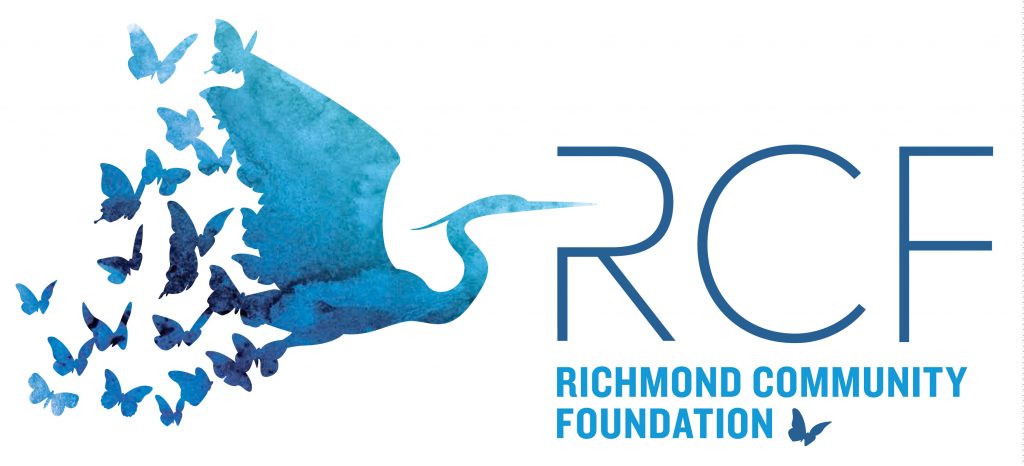Connecting Food Systems in Richmond
By Hajira Hussain in Information about Food Security on August 21, 2021
Earlier this year, the Richmond Food Bank Society applied for and received a grant to explore the Community Food Systems landscape in Richmond. The main objective of this project was to create an opportunity for dialogue and partnership among the key emergency food providing organizations within Richmond in order to provide equitable and sustainable access to food for Richmond residents in need.
The project was funded through a grant from the Richmond Community Foundation’s Al-Kronier fund. An environmental scan was conducted involving some of the major community food providers as well as organizations that included emergency food as part of their services in response to the COVID-19 pandemic. Interviews were conducted with representatives from these organizations in an effort to examine the makeup, gaps and opportunities in the shifting emergency food provisioning landscape within Richmond.
The key insights and recommendations that emerged from this environmental scan and analysis have been outlined in a detailed report. Three high level ideas emerged from this project:
- Enhanced need for, and willingness to, plan and develop a more formalized and coordinated network of emergency food providers. This network can:
- provide support to one another
- increase overall knowledge of network operations and encourage innovation and best practice transfers
- understand the true collective impact.
- Enhanced need to work together to develop tools and techniques to allow real time data to be shared both inter-organizationally, intra-organizationally, with the public and with city officials
- enhance the development of efficient grant applications
- provide a policy and advocacy work with up-to-date statistics
- facilitate evidence informed planning (individual organizations and network level strategic)
- Enhance the public’s knowledge of the number and types of operations throughout the city
- Evaluate and build on the success of COVID-19 inspired successful pivots and continue to innovate emergency food provisioning while integrating community food system theory and practice into individual strategic plans and shared network-level objectives
- provide greater linkages to local food systems
- champion community food system type service models that build capacity
- allow for the development and evaluation of network level objectives and outcomes
Through this project, it is clear that a robust community food systems approach to emergency food is needed in order to help emergency food providing organizations to sustainably maintain their services beyond the pandemic.
Looking ahead, the Richmond Foodbank Society intends to create a collaborative table to address access to emergency food for vulnerable populations using a community food systems approach. The project will look at the existing chain of activities in Richmond connecting food production, processing, distribution, consumption and waste management and how each part of the food system can collaborate to improve the food access for those in need. Looking at access to food for our vulnerable populations in this equitable lens aligns with the strategies outlined by Richmond’s Official Community Plan, Richmond Food Charter, and Richmond’s Wellness Strategy.







